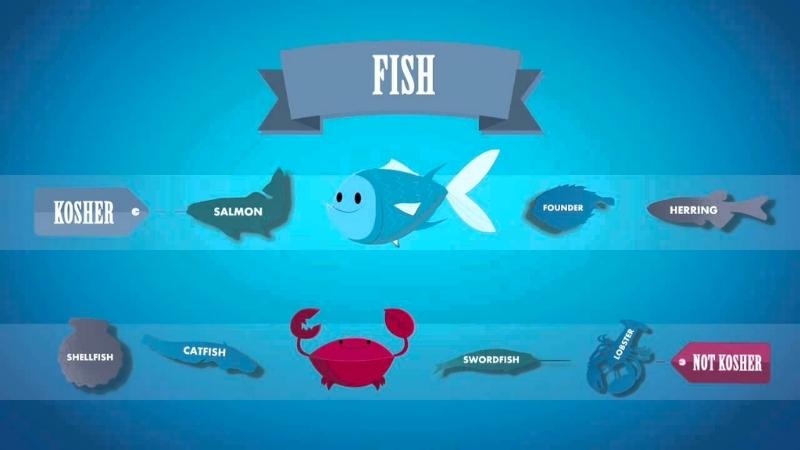Kosher is a term used to describe food that meets a set of intricate dietary laws in Judaism. Derived from the Hebrew word ‘Kashrut’, which means ‘fit’ or ‘proper’, Kosher foods are those deemed suitable for consumption according to Jewish religious standards. This system of dietary guidelines is rooted in biblical laws outlined in the Torah and elaborated upon in the Talmud, serving as a cornerstone of Jewish tradition and identity.
1 What is Kosher Food?
 What is Kosher Food?
What is Kosher Food?
Kosher is more than just a dietary preference; it is a way of life for observant Jews. These dietary laws govern not only the types of food that can be eaten but also the preparation and combination of foods. The term ‘Kosher’ is used to certify that a food product complies with these stringent rules.
Kosher laws provide a comprehensive framework that meticulously outlines permissible and forbidden foods. This includes detailed descriptions of the types of animals that can be consumed, as well as guidelines for slaughtering, processing, and preparing food for consumption.
 Kosher refers to food that meets a set of stringent Jewish dietary laws.
Kosher refers to food that meets a set of stringent Jewish dietary laws.
2 Origins of Kosher Standards
The origins of Kosher dietary laws can be traced back to the Torah, specifically the book of Leviticus (Leviticus 11). In it, God prescribes a diet of ‘clean’ animals for the chosen people of Israel. Over time, rabbinic interpretations and traditions have further elaborated on these laws, resulting in the comprehensive Kosher standards we know today.
 The origins of Kosher standards are rooted in biblical laws and Jewish traditions.
The origins of Kosher standards are rooted in biblical laws and Jewish traditions.
3 Jewish Kosher Food Regulations
The following is a summary of the key regulations regarding Kosher food:
- Land Animals: Only certain herbivores with split hooves, such as cows, sheep, and deer, are permitted. Prohibited animals include pigs, rabbits, and camels.
- Aquatic Life: Fish with fins and scales, like salmon and tuna, are allowed. Shellfish, crustaceans, and aquatic mammals like whales are forbidden.
- Poultry: Most birds are Kosher, except for birds of prey. In practice, only common domesticated fowl like chickens, ducks, and turkeys are consumed.
- Products Derived from Forbidden Animals: Products such as gelatin, rennet, and animal-based enzymes derived from non-Kosher animals are also prohibited.
- Insects and rodents are not permitted.
- Produce and Grains: Fresh fruits, vegetables, and grains are generally Kosher, but they must be carefully inspected for insects.
- Processed Foods: Foods like cooked rice are not considered Kosher because they may contain added ingredients that are not Kosher.
- Meat and Dairy: Mixing meat and dairy is forbidden, and separate utensils, cookware, and dishware must be used for each.
- Cheeseburgers are not Kosher.
 Jewish Kosher food regulations are detailed and require careful adherence.
Jewish Kosher food regulations are detailed and require careful adherence.
Adhering to a Kosher diet requires diligence and strict discipline in selecting and preparing food. The regulations outlined above are just a glimpse into the intricate world of Kosher dietary laws.
We hope that this article has provided you with valuable insights into the world of Kosher food and the Jewish dietary standards that surround it.
Source: Kosher Certification Office
































